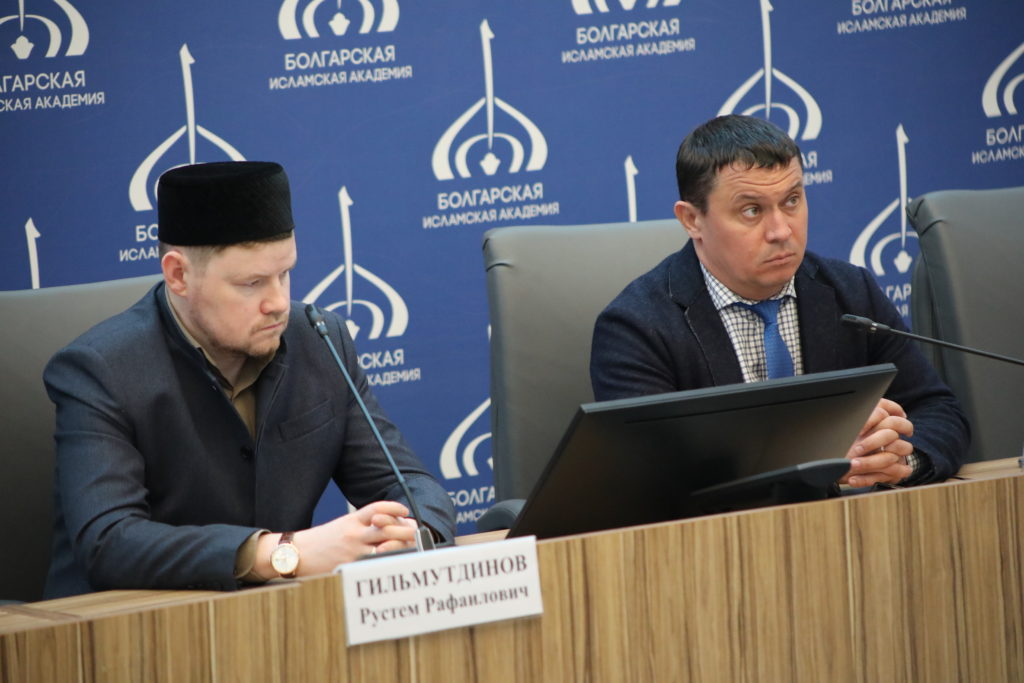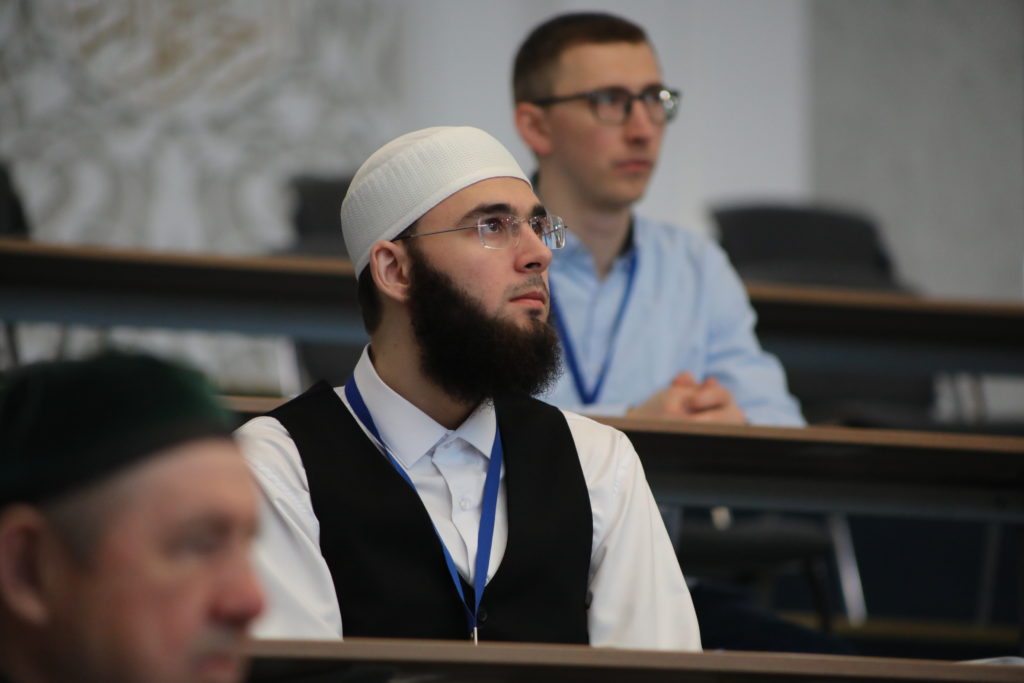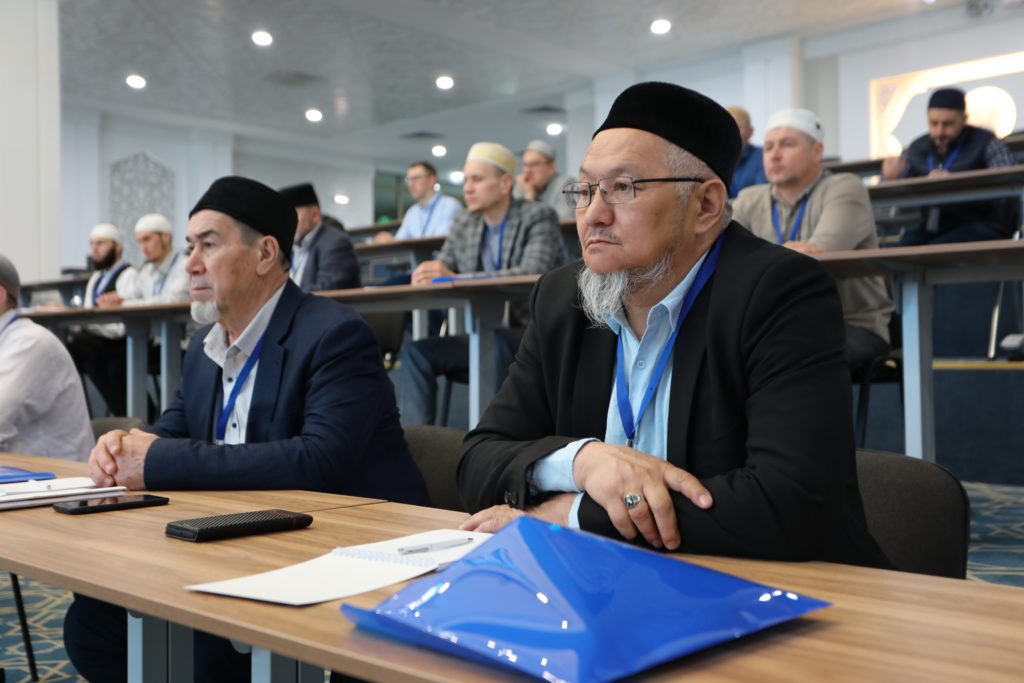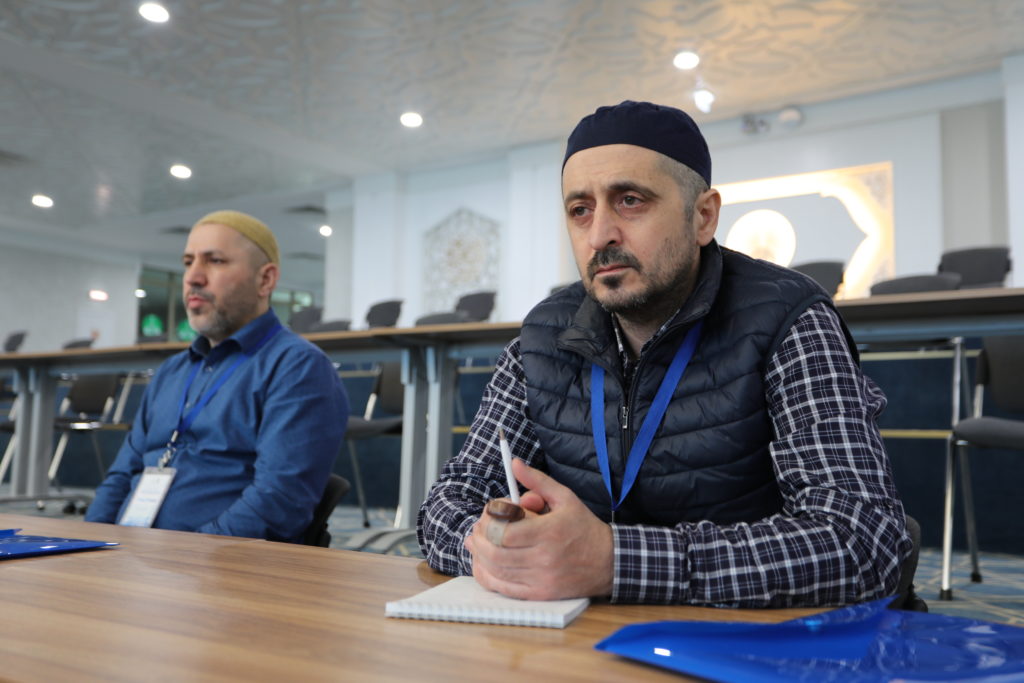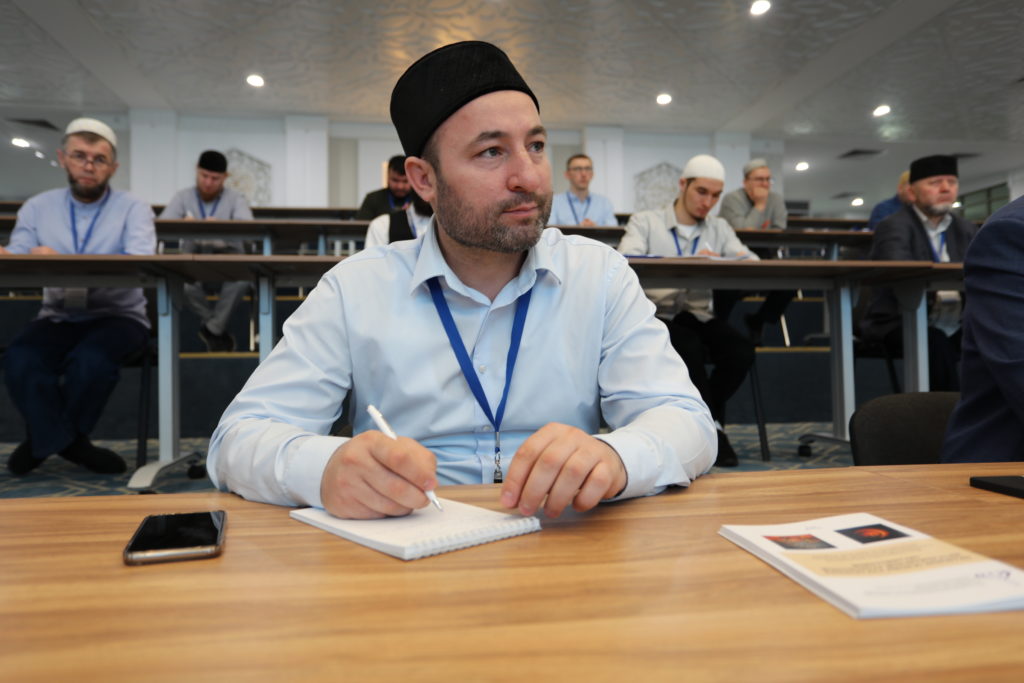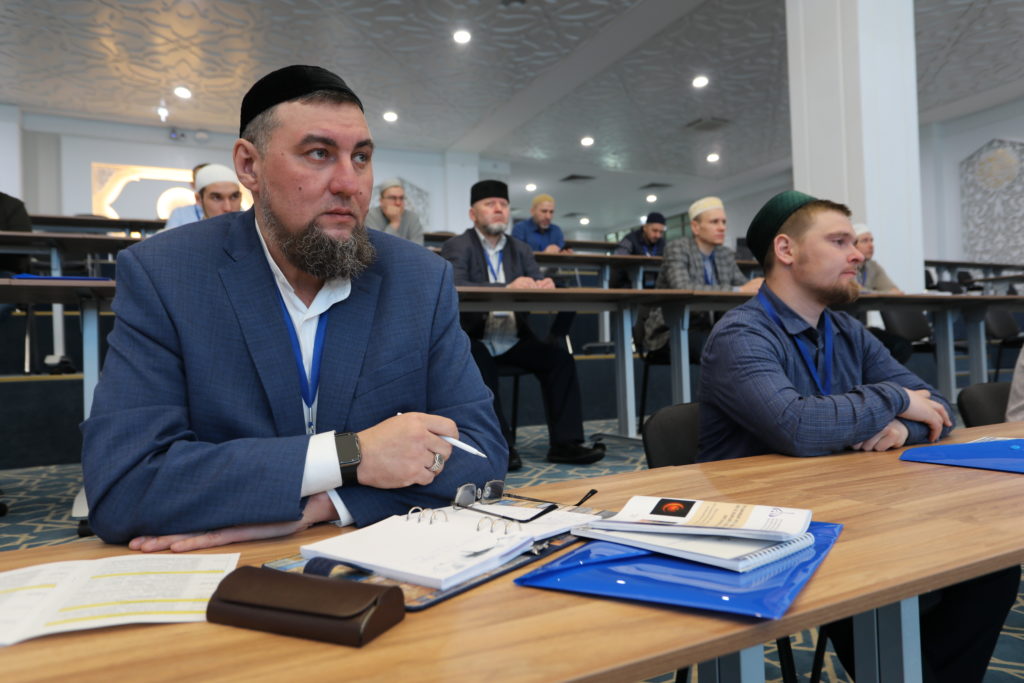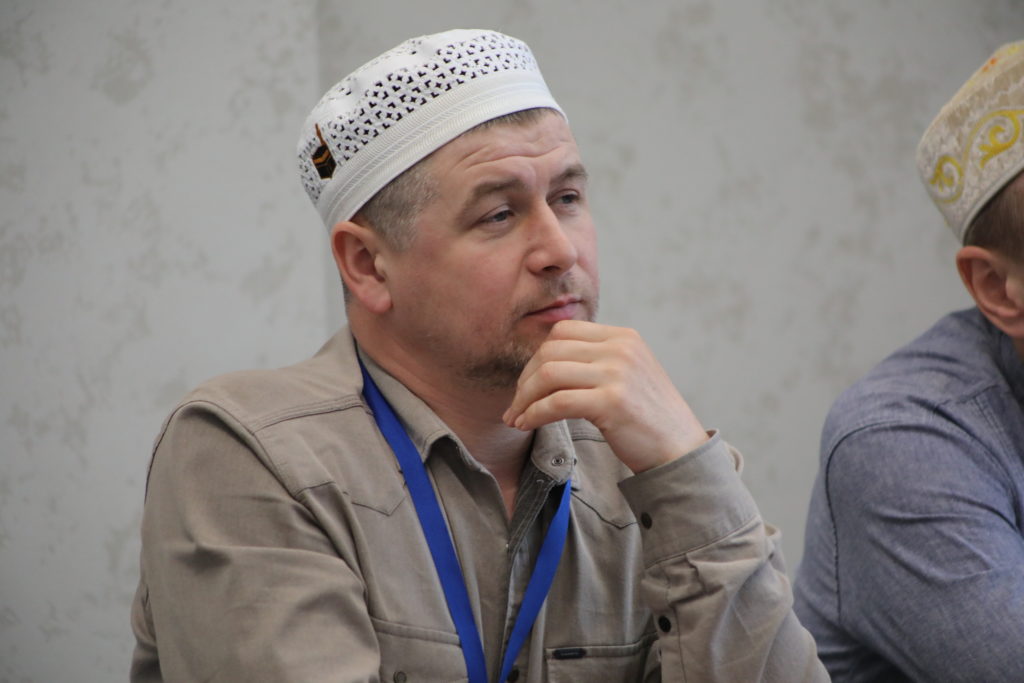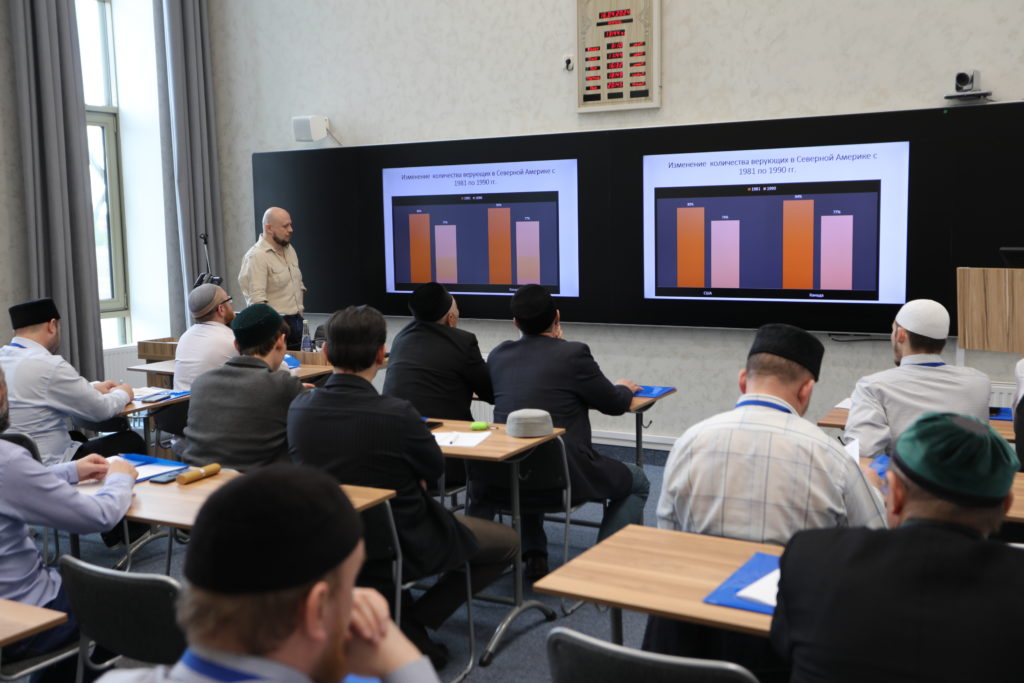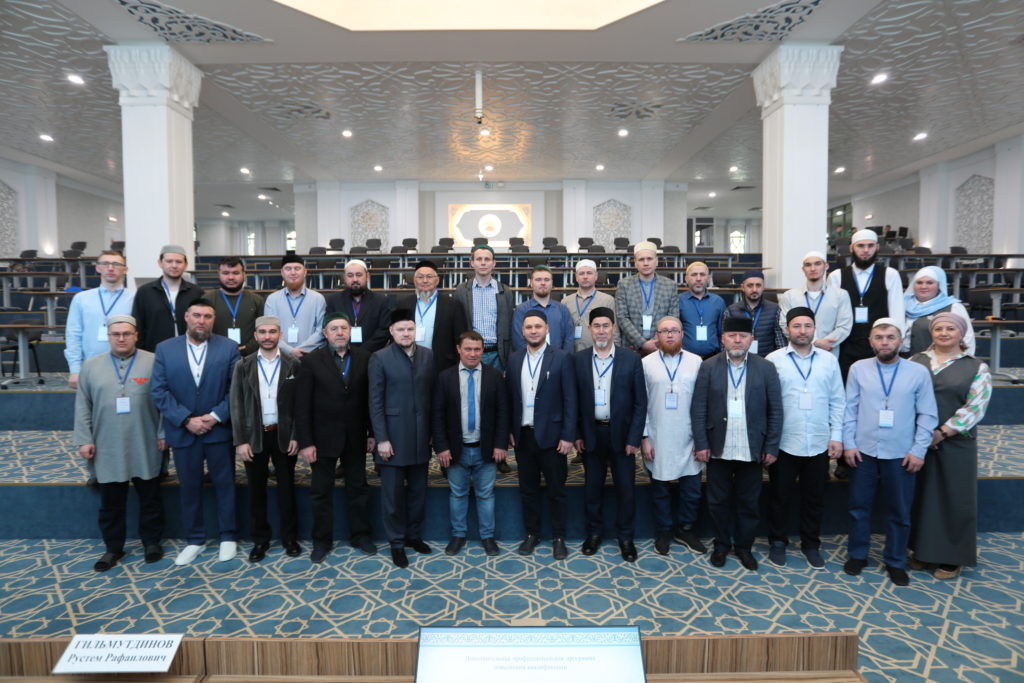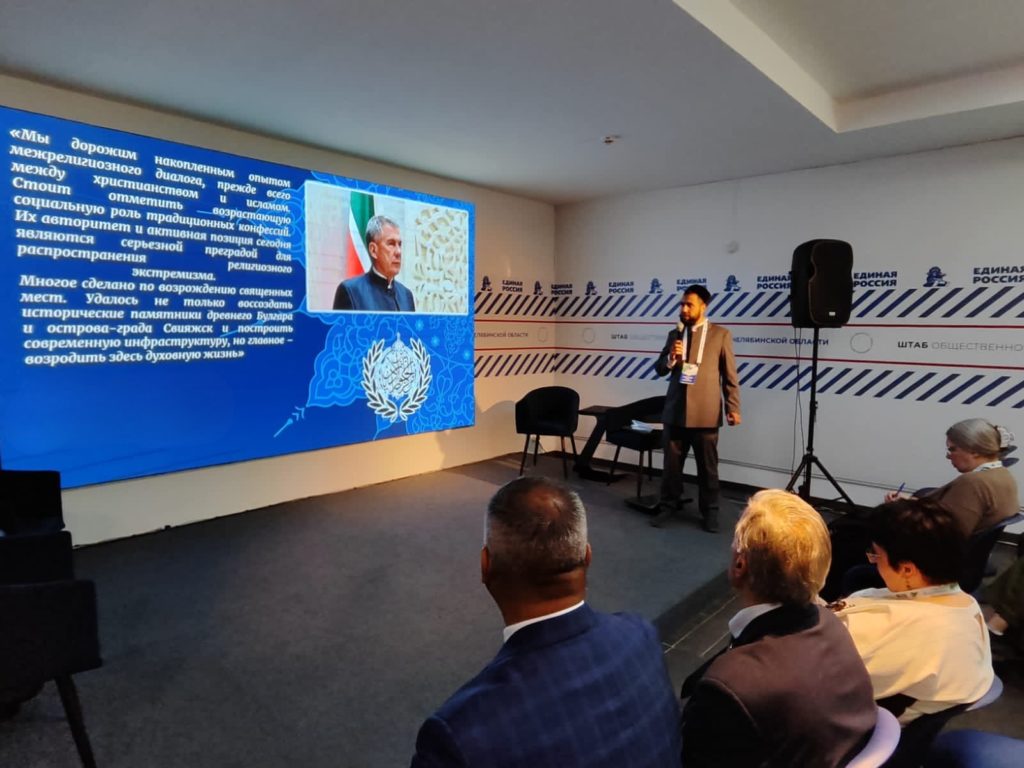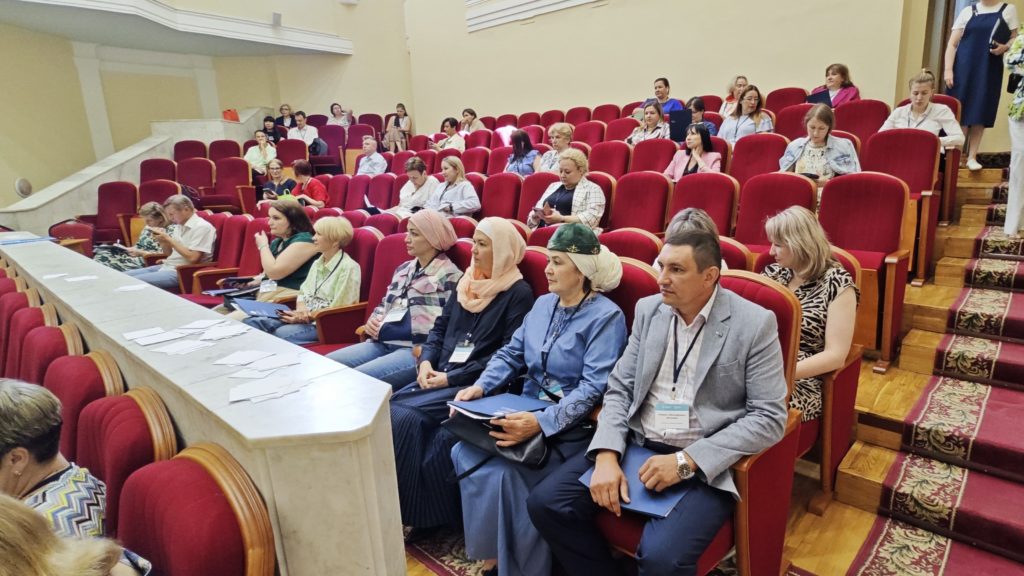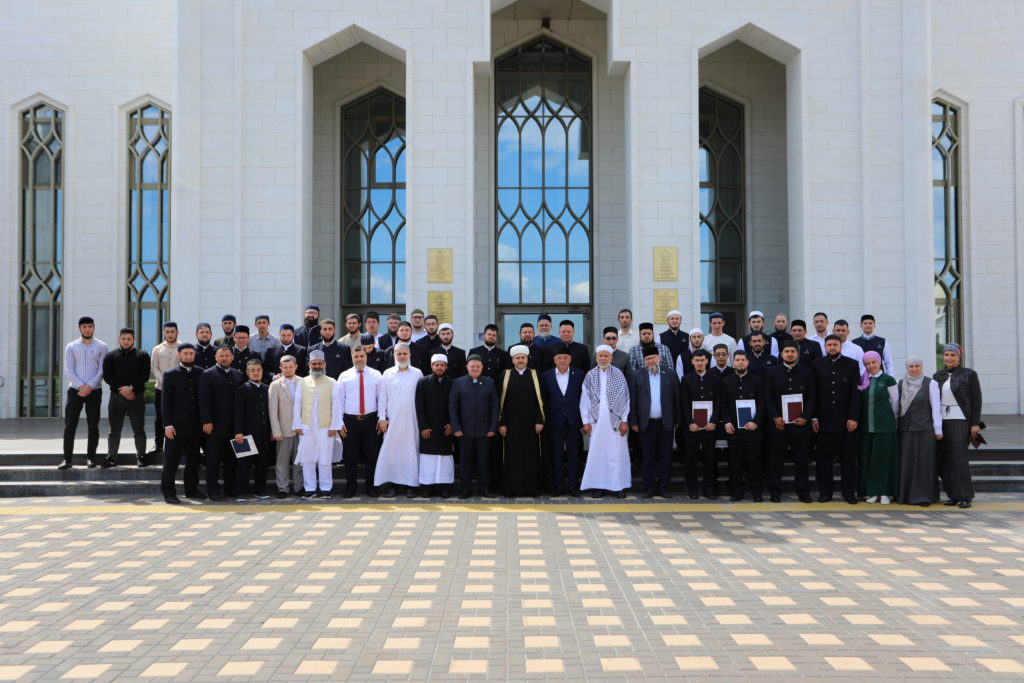On April 16, an additional professional development program “Challenges of Modernity and Islamic Spiritual and Moral Values” was launched at the Bolgar Islamic Academy. Among the participants are employees of religious organizations and representatives of Muslim spiritual administrations. A total of 12 regions of Russia are represented.
At the opening of the professional development program, Rustem Gilmutdinov, the vice-rector for educational activities, emphasized that training under this program is being conducted for the second time as part of the implementation of the federal project “Implementation of measures to prevent and combat attempts to incite racial, national, and religious hatred or enmity” of the state program of the Russian Federation “Implementation of the state national policy.”
“Last year, 35 people completed the training, including leaders and deputy leaders of Muslim spiritual administrations, religious figures from 14 regions of the Russian Federation. The program turned out to be in demand and very relevant,” explained Gilmudtinov.
Over the course of the week, participants will familiarize themselves with the specifics of religious practices in modern Russia, as well as the technologies and tools used in the contemporary religious field.
The event continued with a lecture by the director of the Centre for Islamic Studies at the Academy of Sciences of the Republic of Tatarstan, Rinat Pateev. As the speaker noted, within the framework of the qualification enhancement program that has started, participants will have the opportunity to understand on theoretical and practical levels what processes are taking place and how they affect the Ummah, its perception, and worldview.
Participants will also have the opportunity to learn about the specifics of social service in Islam, understand the peculiarities of organizing preventive work with individuals convicted of extremist and terrorist crimes, learn to work with radicalized environments, and take part in practical exercises dedicated to the implementation of religious enlightenment projects and the study of religious norms and institutions for conflict resolution in the modern state.
